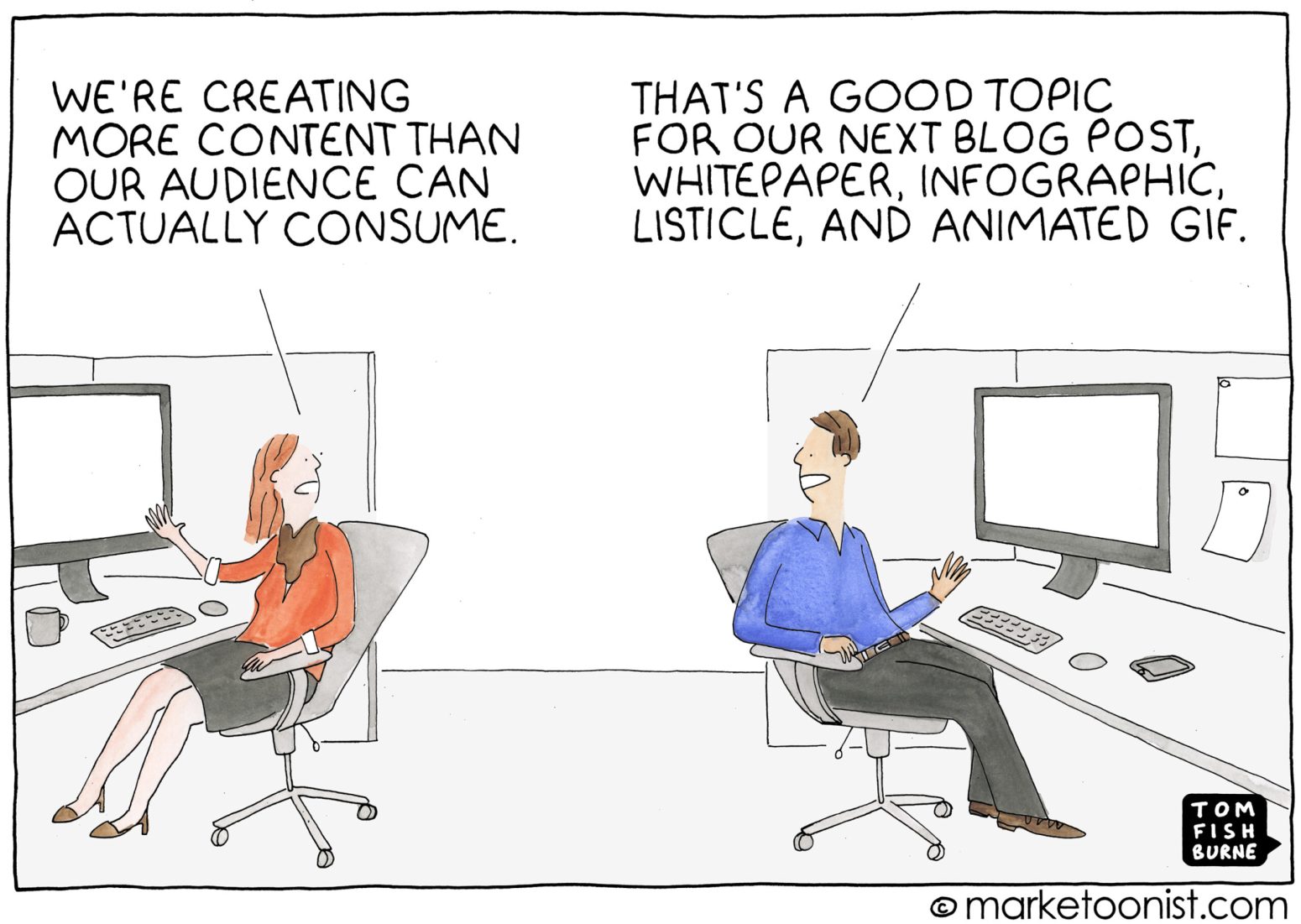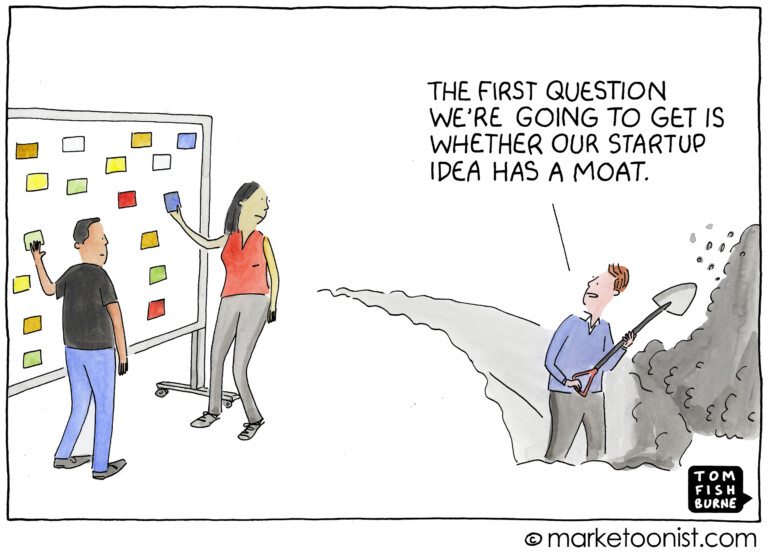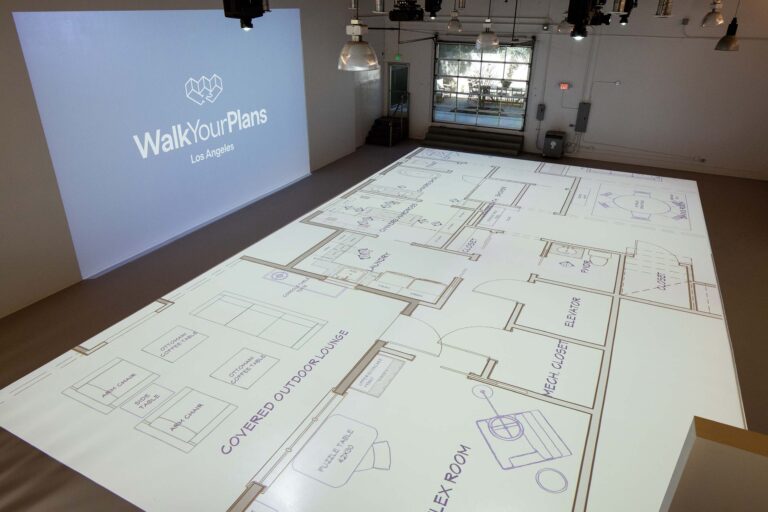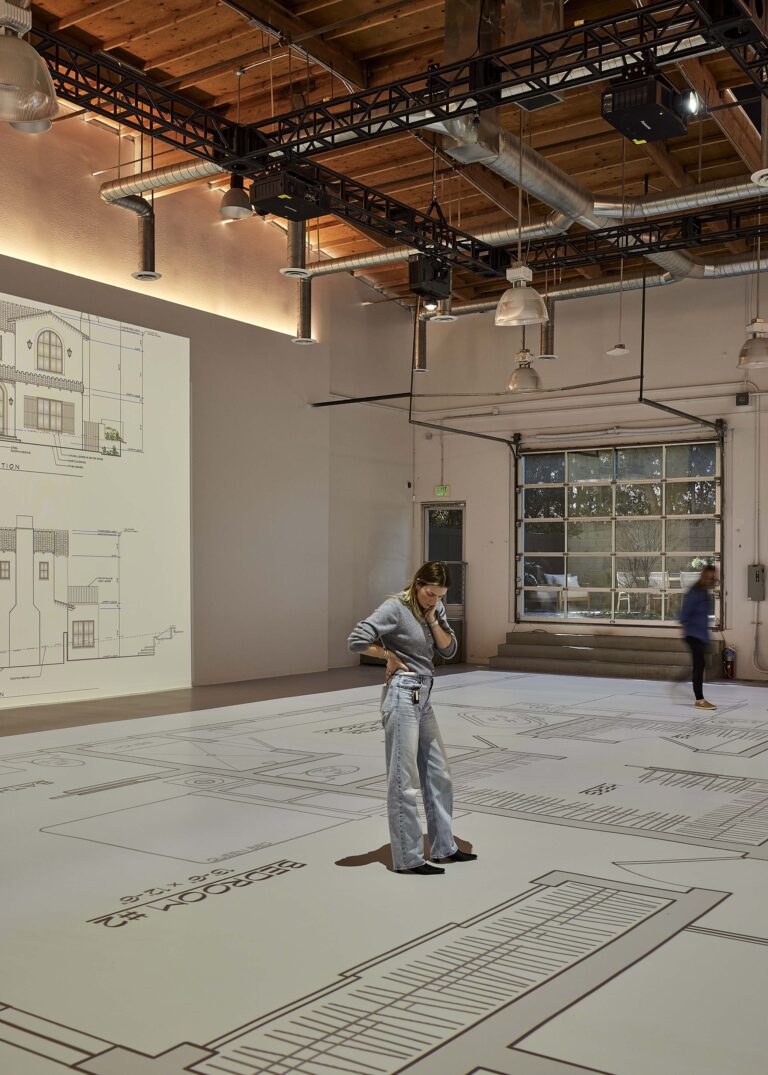Did this historical period pass or are we still in it? I think we all know the answer to that question.
I’m thinking the Information Age as we once knew it has been transformed into the Information Revolution, characterized by an epochal shift from traditional information access to a digital ecosystem primarily based on information creation and distribution.
(Sorry, I had to get that “epochal shift” in there—it adds oodles of drama to the mundane.)
Today, information is ubiquitous.
It’s constant, widespread, and relentless.
The result is a new era of insatiable demand for consumer attention, and way too much information.
What happens in a world of too much information…
… does it lead to an analysis-paralysis pandemic?
… a Moore’s Law type effect where the amount of information online doubles every “x” number of years?
… or just a consumer, left flabbergasted, and reeling from attention demand overload?
One potential outcome could be that we have inadvertently created a world where everyone speaks but nobody listens anymore.
Imagine being in a room with 100 people all speaking at the same time—could you “listen” and/or decipher the information?
The digital revolution has been revolutionary all right—creating endless one-way conversations on platforms designed to be “social.”
Social “speaking platforms” for the masses—gamified so that users become addicted to who is “listening.”
Today’s would-be “listeners” are likes, fans, followers, impressions, and views.
But are they really listening?
I’m afraid that listening has become a lost art in this age of information.
Since we’re all in the business of marketing and advertising in some way or another, the implications are vast.
Because listening is the heart of all good (effective) communication.
When you’re an active listener in a conversation you are engaged in an equitable trade of time and attention.
Most importantly, the chances are good that you’ll consume the information.
Consumption is the key to learning.
Learning is the key to adding knowledge.
Knowledge over time becomes wisdom.
The pursuit of wisdom is wise …
… but you gotta pay close attention…
… and really listen.
Propaganda
My favorite dictionary (Merriam-Webster) defines propaganda as:
: the spreading of ideas, information, or rumor for the purpose of helping or injuring an institution, a cause, or a person.
: ideas, facts, or allegations spread deliberately to further one’s cause or to damage an opposing cause.
Where does propaganda fit in this age of information?
Does information become propaganda out of necessity since no one is listening?
One thing is for sure, propaganda is dangerous in the Information Age …
… easily transforming the Information Age into the Mis-Information Age.
As a marketer, I’m paying close attention here and trying to sharpen my listening skills to better navigate the stream of information and the currents it creates.
Propaganda is getting harder to spot with so much information flowing freely and it’s never been a more powerful weapon than it is now in our connected economy.
Unfortunately, the marketing and advertising world is filled with propaganda—and just when you thought it couldn’t get any worse!
Author Paul Rutherford, in his book “Endless Propaganda: The Advertising of Public Goods,” says the following:
Propaganda is a conscious act – accidental propaganda is an oxymoron…the propaganda of the past decades has had two long-term, if contradictory, effects on the public: it has worked to manufacture both militancy and indifference.
Powerful to contemplate and eerily foreshadowing as this book was written 22 years ago!
As I wrote about in a previous muse titled “Ambivalent Uncertainty,” indifference is the enemy of advertising.
When nobody cares about you, your product/service, your message, your slogan, your brand, your marketing, and your advertising—you have a problem.
And in the age of propaganda, it’s a hard problem to solve.
We’re truly living in the “great information experiment era,” one that is transforming our lives in ways previously unimagined.
Stay informed and listen wisely to the endless spoken words before you and let them guide you to the places you want to go and avoid the places you don’t.
We’re traveling on the information superhighway folks—with no speed limits or rules of engagement, so be careful out there and pay close attention to the road you’re on.
Your unruly destination is just up ahead.
Until next time ~
